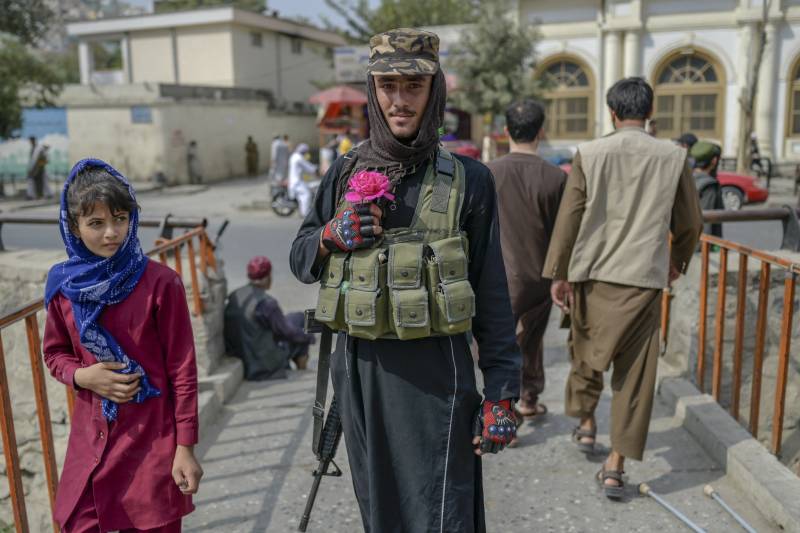Afghan interpreters who worked for Dutch army summoned by Taliban

Stay tuned with 24 News HD Android App

Afghan interpreters who worked for the Netherlands have been summoned to appear in court by the Taliban who have threatened their families, Dutch public television NOS reported on Friday.
The interpreters are in hiding but their family members will be held responsible if they fail to show up in court "and severely punished to teach other traitors a lesson," said a letter from the Taliban, which was aired by the broadcaster.
NOS said the recipient, who worked for the EU's policing agency Europol in Afghanistan, was accused of taking "dishonourable and forbidden money" from foreigners.
"We will take revenge. If we are not able to get hold of you, we will settle scores with your near ones," said another letter to an interpreter whom the Taliban accused of being responsible for the deaths of some of their fighters.
All indications show that the letters, which bear official seals, were despatched by the Taliban, NOS said.
It said it had contacted about 10 interpreters or people who had worked for the Dutch and who all said their situation was becoming increasing difficult.
The Taliban in June urged interpreters who had worked for foreign forces to repent but urged them to stay on in Afghanistan after the withdrawal of foreign forces and assured them they would not be harmed.
Just after taking power, the Taliban declared a general amnesty for Afghan government and military officials.
But despite their pledges not to avenge themselves, a confidential United Nations report said the Taliban were tracking down people who worked with foreign forces.
Displaced Afghans return home
Thousands of internally displaced Afghans living at a temporary camp in Kabul have started their journey home to northern provinces, after an end in fighting that forced them to flee.
As the Taliban waged an offensive across the country earlier this year, many people fled to the safety of major cities including Kabul, before that too was seized and the US-backed government toppled.
Shahr-e-Naw park in the centre of the capital became an open-air refugee camp for thousands of families, living in dire sanitary conditions on the ground or under makeshift tents.
The Afghan Volunteer Women's Association chartered dozens of buses on Thursday to return 1,068 families to the Kunduz region.
Rafiullah Zaha from the NGO said the relocation plan included providing refugees 10,000 Afghanis ($112) in cash to buy food and distributing basic provisions such as flour, oil, rice and beans.
"We also have plans for their future," Zaha said.
The Taliban's victory over the Afghan security forces has seen an end to the clashes, bombings, and airstrikes that plagued the country for the past few decades.
"We had to move because of the war. Our house was destroyed. It was badly damaged," said Hadi, 39, who fled the town of Kunduz.
"Now we have to go back. We have no choice," he said, adding he was worried he may not earn the $1 to $2 salary he used to.
"Security has returned a little. It is better in our region," he added.
The Afghan economy is in ruins, with many losing their jobs, and a third of the population at risk of starvation according to the UN.
As of last month, the United Nations Office for the Coordination of Humanitarian Affairs had recorded more than 634,800 internally displaced Afghans this year.
An estimated 2.9 million Afghans had already fled their homes by the end of 2020, according to the UN's human rights division.
